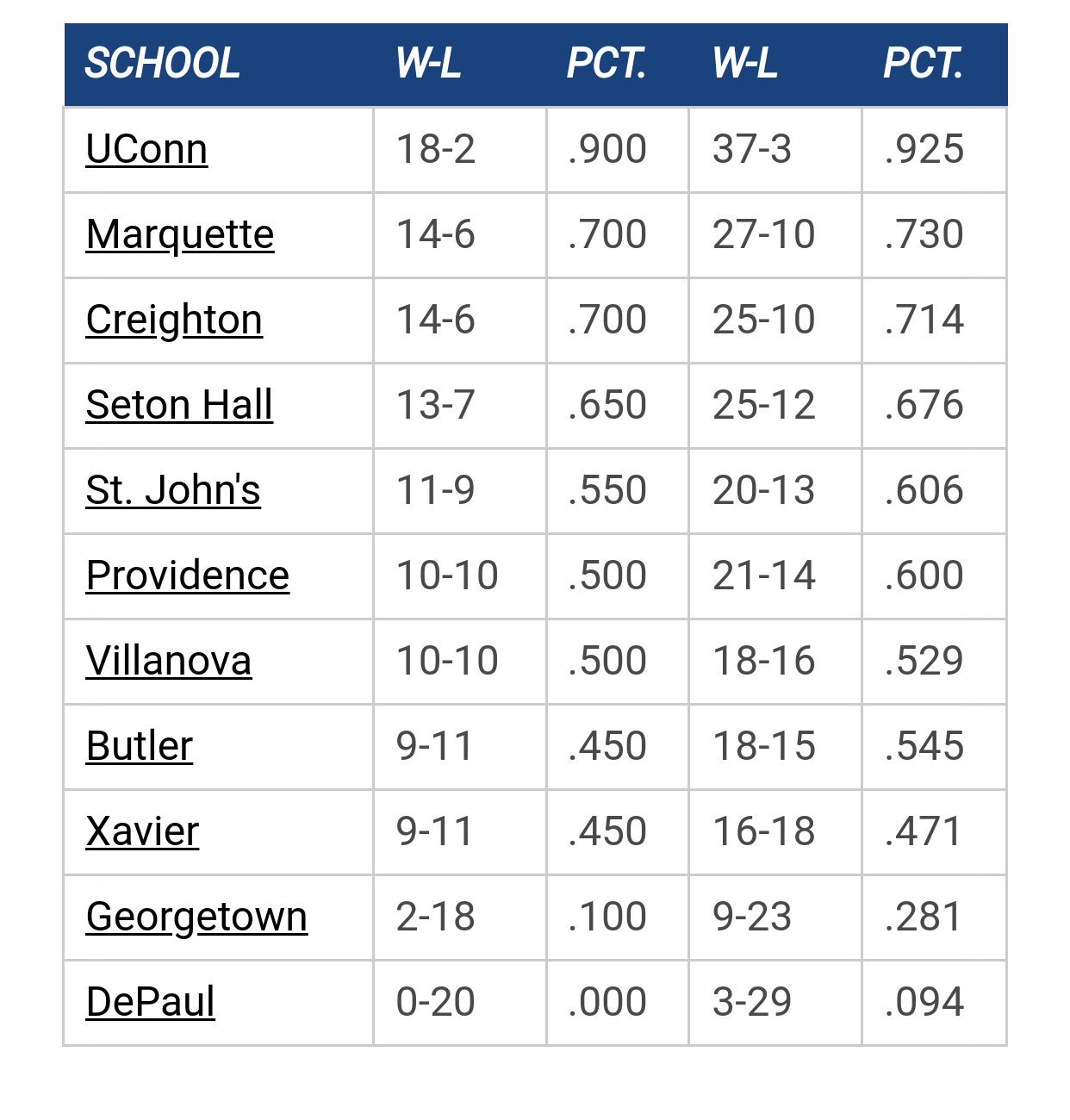- Welcome to MUScoop.
What would make you show Shaka the door in March? by Pakuni
[Today at 08:55:02 AM]
Zaide Didn’t Travel With Team by Billy Hoyle
[Today at 08:50:40 AM]
Lifetime Contract Extension by GOO
[Today at 06:36:36 AM]
Marquette NBA Thread by Juan Anderson's Mixtape
[Today at 01:04:32 AM]
2025-26 Big East Thread by MuggsyB
[December 23, 2025, 09:59:13 PM]
A question for the Scoop elders by muwarrior69
[December 23, 2025, 03:51:24 PM]
How many guys stay? by Shooter McGavin
[December 23, 2025, 03:47:21 PM]
[Today at 08:55:02 AM]
Zaide Didn’t Travel With Team by Billy Hoyle
[Today at 08:50:40 AM]
Lifetime Contract Extension by GOO
[Today at 06:36:36 AM]
Marquette NBA Thread by Juan Anderson's Mixtape
[Today at 01:04:32 AM]
2025-26 Big East Thread by MuggsyB
[December 23, 2025, 09:59:13 PM]
A question for the Scoop elders by muwarrior69
[December 23, 2025, 03:51:24 PM]
How many guys stay? by Shooter McGavin
[December 23, 2025, 03:47:21 PM]
The absolute only thing required for this FREE registration is a valid e-mail address. We keep all your information confidential and will NEVER give or sell it to anyone else.
Login to get rid of this box (and ads) , or signup NOW!
Seton Hall Date/Time: Dec 30, 2025, 6:00pm TV: FS1 Schedule for 2025-26 |
||||||
User actions


